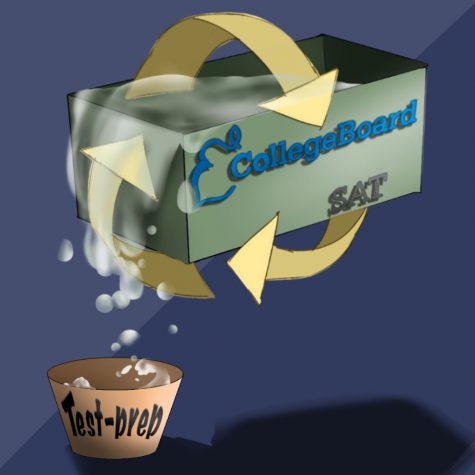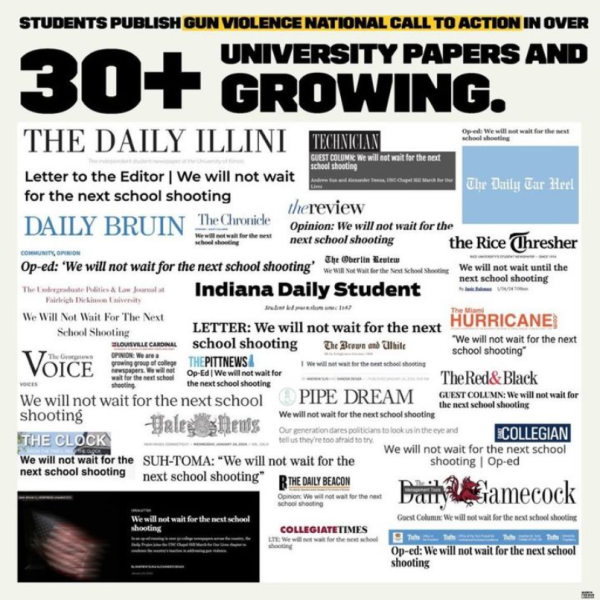The August SAT Controversy
October 17, 2018

International students across thousands of SAT test centers in the United States flipped through their SAT exam booklets with a sense of recognition on August 25. Many of those students reported that the August SAT test included questions from the test administered in Asia last October.
One such student was senior Jerry Xu from Guangdong, China. She flew to the US specifically to take the August test.
“I was shocked when I saw the questions,” Xu said. “It was identical to a previous one. Although I have not taken it myself, I saved a copy of it as a practice.”
Comments on social media similar to that of Xu’s fueled outrage in the US student communities. More than two thousand people signed a petition to the White House for invalidating the test, as they believed that students who had taken or practiced with the test previously would gain a significant advantage over other students.
Junior Andrea Jing is strongly against the inadequate test integrity and believes that the test scores should be canceled.
“Usually when you take a test and retake the exact same one, you would know the answers for sure. This makes the curve unfair to all the other students,” Jing said. “[The students who have taken the tests] have probably compared answers with their friends and figured out the right answers.”
Despite the call for canceling the test scores, the College Board released the August scores on September 7, as initially planned. Before then, several official statements from the organization have been issued; most statements centered around measures of testing securities, and few suggested specific actions in regards to the test in question.
There is little doubt that the College Board had reused a previous test. To prevent the cost of test development, including the process planning, designing specifications, revising, pilot testing and norming, the concept of recycling standardized tests is not uncommon.
Yet, there is a bigger concern: was the test leaked after being administered in Asia?
“We recognize that organizations and individuals will consistently try to challenge the system and find new ways to cheat, which is why we continue to enhance our test security measures,” College Board said in a statement.
Disputing the statement from the College Board, Xu drew on personal experience with Chinese test-prep agencies and suggested that there is an official leakage from the College Board.
“Some of the official practice tests I’ve seen were of really high quality and accuracy,” Xu said, “They’re most likely the originals, shared amongst the test-prep agencies.”
Sophomore Jessica Li believes that Xu’s hypothesis is possible.
“In such a information-based society, files could be compromised quite easily,” Li said.
Five days after the exam, a class-action lawsuit was filed by a Floridian father whose daughter had taken the test. On behalf of all August test takers, it alleges that the College Board and Educational Testing Service (ETS) breached their “fiduciary duty by recycling old exam questions, including those that have been publicly disseminated prior to the SAT exam.” The lawsuit is currently being processed in the Middle District of Florida.
Social studies teacher Jacqueline Dickens believes that issues of this scope with the College Board need be resolved quickly for the sake of the students.
“This is definitely a serious situation as colleges seem to place a significant emphasis on SAT scores to determine which students they would like to accept as well as deciding potential scholarships,” Dickens said, “ I hope that this experience will encourage College Board to re-evaluate their security measures and make any necessary changes.”



